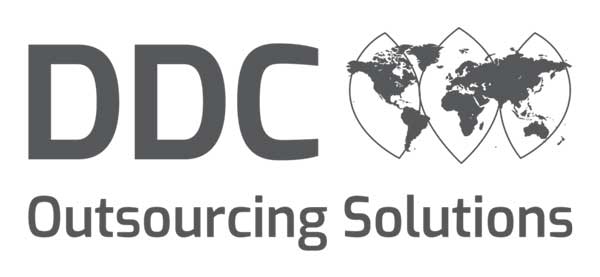There are a lot of challenges facing customers currently with the rising cost of living and the impact financial burdens have on mental wellbeing. That is why Ofgem’s directive – that the energy market ‘is accessible, inclusive, and responsive to the needs of all consumers, including those in vulnerable situations’ – is more imperative than ever.
As customers, we all expect the best possible service when we need help; issues must be sorted quickly and efficiently to keep a customer base loyal and happy. However, there are those customers classed as vulnerable that require a more accessible experience. Vulnerable customers are of the highest priority to both Ofgem and utility suppliers, making quality customer service paramount – particularly after the destabilising impact of recent events; ‘The social and economic disruptions caused by the Covid-19 pandemic can only increase pressure […] to mitigate the difficulties facing vulnerable households’.
So, what does vulnerable mean in the utilities sector? According to Ofgem, ‘the term vulnerability applies when personal circumstances and characteristics combine with aspects of the market to make a consumer significantly less able than a typical customer to protect or represent their interests in the energy market’. It’s imperative that agents can recognise these customers and that they are proactively looking and listening for signs that such a customer may need assistance.
Service with Empathy
There is a reason why customers still like to talk to a human being versus an automated system, and that is the need for an emotional response of some sort. Suppose the customer is struggling due to a disability or difficult circumstance. In that case, they want to know that they are being understood and handled effectively and considerately by their supplier rather than just becoming another contact.
Empathy – not to be confused with sympathy, which is the ability to express pity without necessarily understanding the other’s feelings – in the context of the workplace simply means that your people can establish genuine, empathetic connections with one another that enhance relationships and performance. It is not difficult to see the valuable role this plays in customer service, where agents are the gateway between your brand and vulnerable individuals. This, of course, requires trained, highly skilled agents that can identify and support the most vulnerable to the best of their ability.
Innovation for Vulnerable Customers
Innovation will continue to develop the access and tools on offer to vulnerable people and households in the coming years, creating a more inclusive market. Across sectors such as banking and utilities, we have seen the automated conversion of letters using Widgit. Widgit is a symbol-based language used predominantly for people with learning disabilities. This practical innovation allows people to receive communications in a way they can understand.
It will be interesting in the coming years to see the role AI and, more specifically, sentiment analysis plays in supporting vulnerable households. Contact centres are fantastic sources of customer data so there is great scope for development in this. Sentiment analysis powered by AI can analyse conversations for tone and emotions, ‘which can be particularly useful during stressful situations or more complex issues’ as per Call Centre Helper. ‘If you know how your customers feel, you can provide them with the appropriate response. With the support of an AI-powered virtual assistant, you can also receive insights into the customers’ emotions during a conversation and handle the call more efficiently.’
The Benefits of an Experienced Partner
With the industry’s current troubles, customer experience might not feel like the most pressing priority from a business perspective. Protecting and serving vulnerable customers provides a different area of focus, stretching resources further, so what if an outsourcer could take this on for you?
As experts in this field, DDC OS can relieve the pressure and stress of delivering excellent service to vulnerable customers, bringing many years of industry knowledge and experience with us.
We can collaborate with in-house teams, knowledge-sharing for the best outcome for all parties. Additionally, DDC OS has multilingual capabilities at our disposal, a great tool to help reach broader markets and offer more inclusive services.
Sounds good, right? Begin your conversation by reaching out to us today!
Look out for the final instalment in our blog series, where we offer a supplier’s guide to working with an outsourcer, going into more depth about the benefits of outsourcing to an experienced partner.




